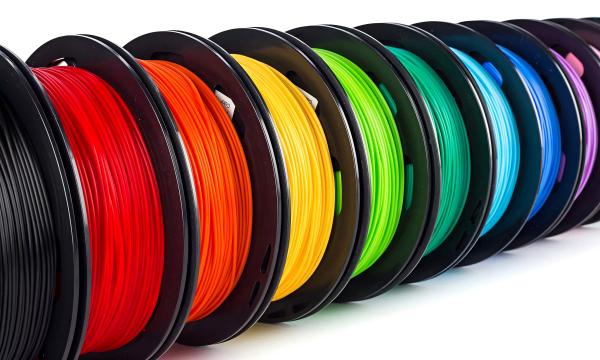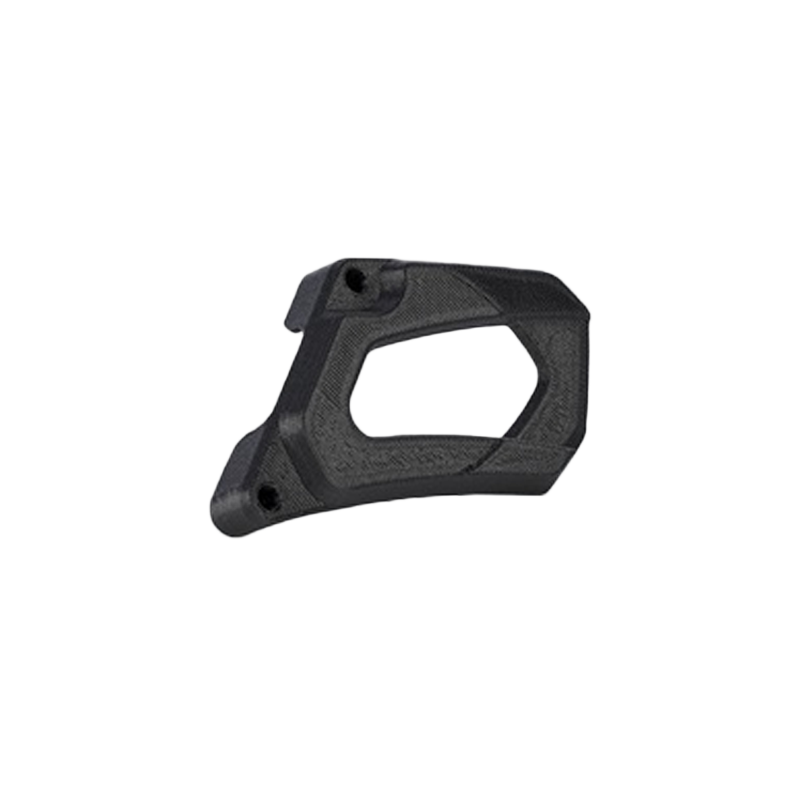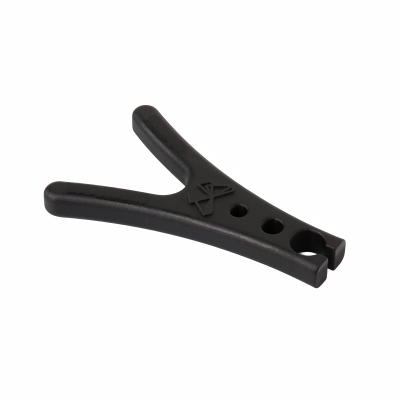Compare 3D Printing Materials
Explore and compare 3D printing materials to find the best fit for your project. From durable plastics to flexible resins, our guide highlights key properties like strength, flexibility, and surface finish, helping you choose the right material for prototyping, production, or custom parts.
PETG
Process: FDM
Durability, Strength
PETG (Polyethylene Terephthalate Glycol) is a 3D printing material that combines strength and toughness, offering the advantages of PLA’s ease of printing and ABS’s durability. It has excellent impact resistance and chemical stability, along with good transparency and a smooth surface finish. PETG has high-temperature resistance, making it ideal for producing functional parts, mechanical components, and durable prototypes. During printing, it experiences minimal shrinkage and warping, making it a reliable choice for home, education, and industrial applications.
PLA
Process: FDM
Durability, Biodegradable, RichColors, Economical
PLA is a high-quality, high-performance, and cost-effective 3D printing material, offering excellent layer adhesion and impact resistance, resulting in durable and long-lasting prints. The base series comes in up to 30 colors, ensuring uniform color consistency and stable printing quality. PLA is made from renewable plant-based resources, eco-friendly, non-toxic, and biodegradable. It is reliable, easy to use, and provides high cost-performance with a wide range of colors, making it an ideal choice for home, education, and industrial printing.
Antistatic resin
Process: LCD
Antistatic Properties
3D printing antistatic resin materials are typically achieved by incorporating conductive fillers or ion-type additives into the resin, effectively reducing the material’s surface resistivity. These materials are specifically designed for applications in electronic devices, precision instruments, and other areas where static interference must be prevented. The material effectively suppresses static accumulation, ensuring that printed parts remain free from charge interference during use, while maintaining excellent mechanical properties and precise printing details. Whether for manufacturing sensitive components or performing high-precision assemblies, antistatic resin is the ideal choice.
Flame Retardant Resin
Process: LCD
Flame Resistance
Flame-retardant resin is a high-performance material formulated with specialized additives to significantly reduce flammability and slow down flame propagation. While maintaining excellent mechanical strength and processability, it meets stringent fire safety standards. Ideal for electronics enclosures, aerospace components, transportation parts, and other applications requiring superior fire resistance, this resin enables precise 3D printing of complex geometries while ensuring reliable performance under high temperatures and flame exposure.





